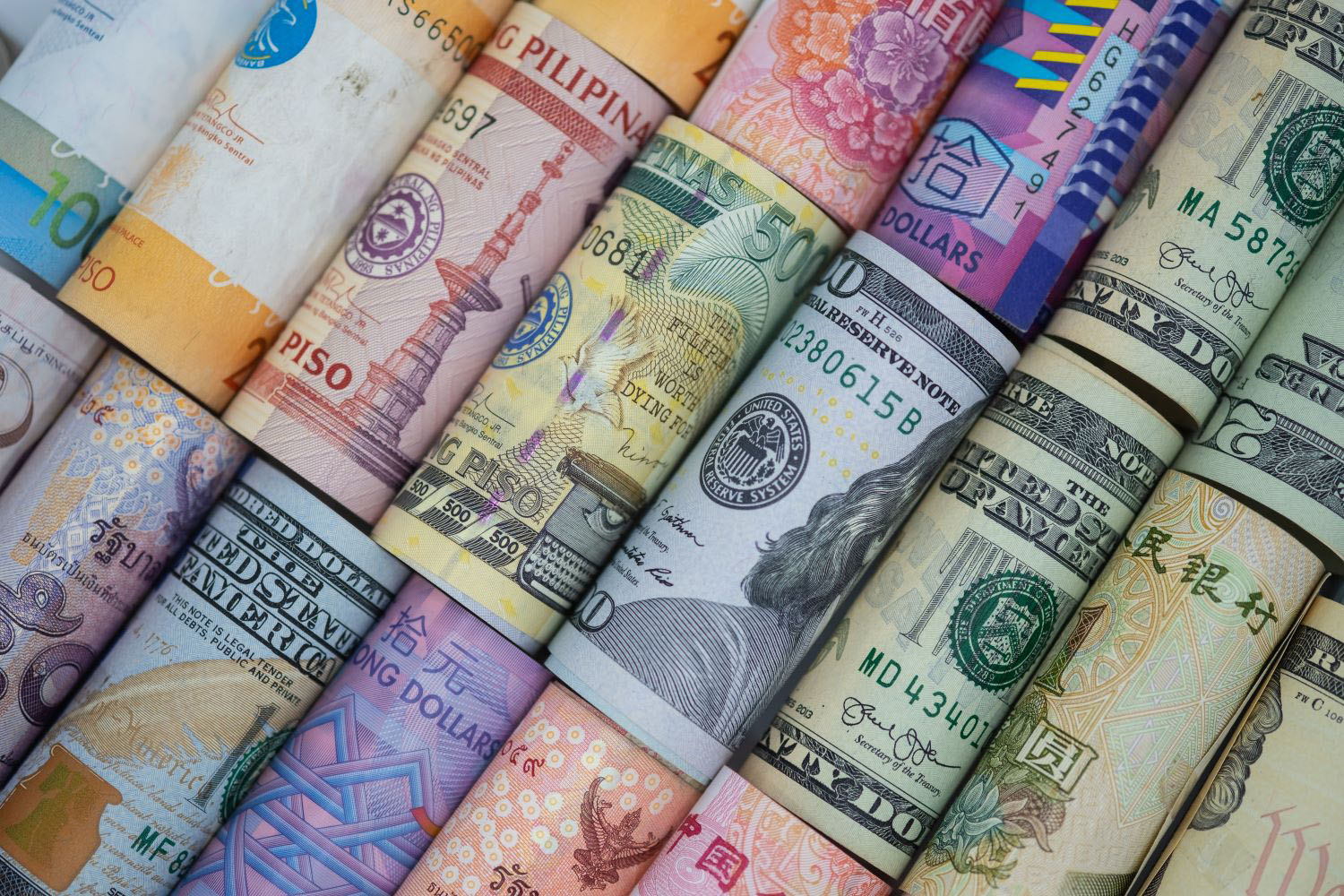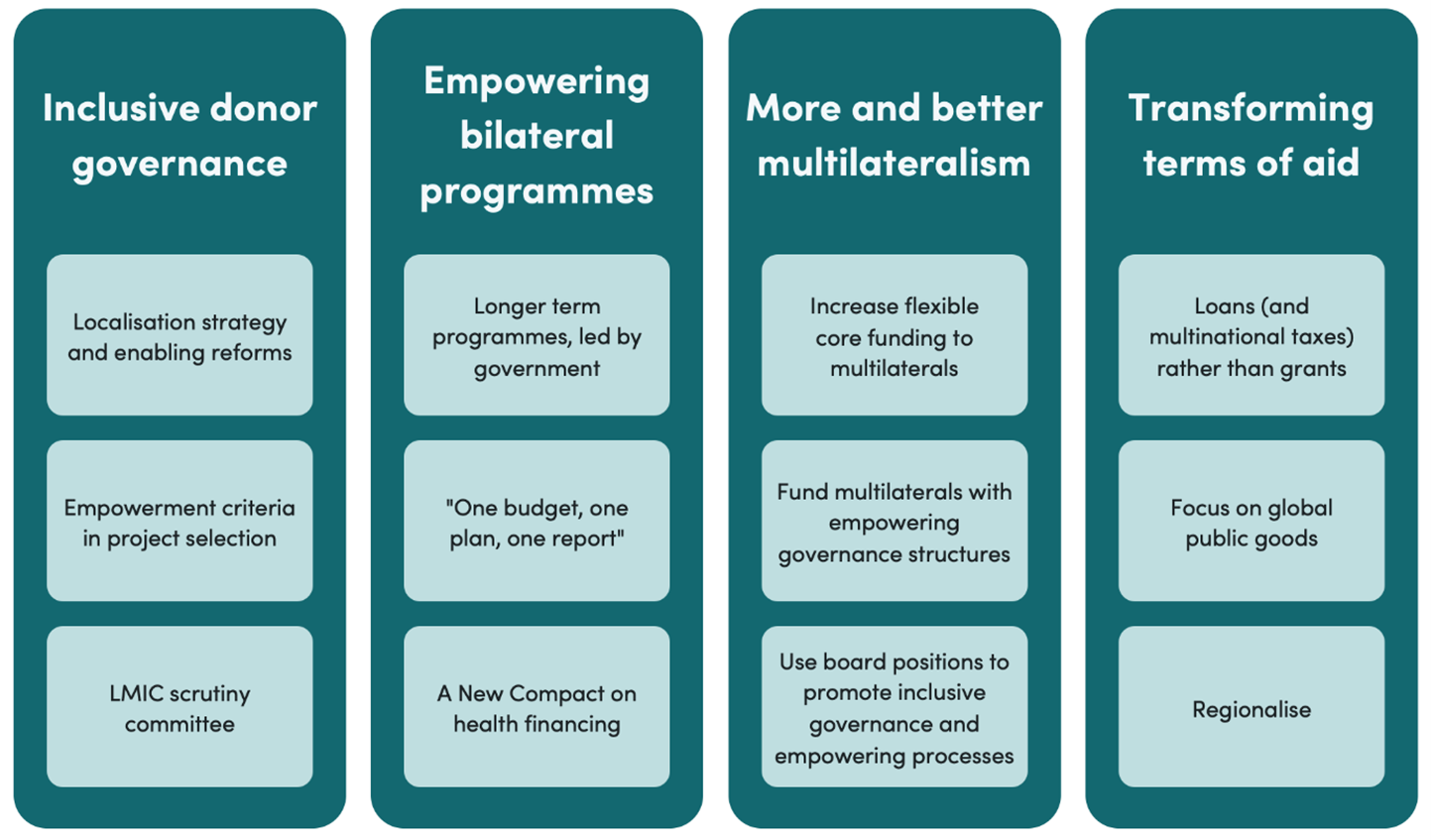To: Ambassador Michael Froman
From: Kimberly Elliott, Center for Global Development
Subject: Supporting Multilateralism and Development in US Trade Policy with Duty-Free, Quota-Free Market Access and Food Aid Reform
Background: While the transpacific and transatlantic initiatives will be priorities for at least the first two years of your tenure, it is crucial that these initiatives are pursued in ways that support the multilateral trade system and mitigate negative effects for poorer countries. The first step is to ensure a positive outcome at the WTO ministerial meeting in Bali in December, and the United States could help by providing duty-free, quota-free (DFQF) market access for the least developed countries. Progress on that front could be the key to unlocking a robust agreement in Bali. Moreover, since it is now clear that the Doha Round as originally envisioned is dead, the US position of providing DFQF market access only as part of an overall agreement is moot. And, it is possible to provide this access while addressing the concerns of a few African countries that it would erode their own trade preferences.
On food aid, the House of Representatives voted more narrowly than expected against an amendment to the farm bill that would untie up to 45 percent of emergency food aid and cap the practice of monetization, which involves private voluntary organizations selling donated food aid to raise money for their development projects. Gaining congressional support for these reforms could open the door to a WTO agreement that includes reforms to other countries’ agricultural export competition measures, including the elimination of EU export subsidies. More directly, these reforms would help to stretch the US food aid budget so that it reaches 4 million to 10 million more people without spending any more money.
Recommendations
The administration should seek congressional approval for duty-free, quota-free market access for all least developed countries, with a safeguard for existing African clothing exports. The aim should be to limit the benefits for already competitive exporters only as much as necessary to shield African exports. The details are explained in the attached annex.
Linking food aid reform to the WTO negotiations and the possibility of permanently eliminating European export subsidies should be an attractive inducement to US farmers, for whom food aid is a miniscule share of exports. Your office should be in the forefront, with USAID Administrator Raj Shah, of pursuing food aid reform, whether through renewed debate on the farm bill, the appropriations process, or otherwise. (For more on the benefits of food aid reform, see “Food Aid for the 21st Century: Saving More Money, Time, and Lives,” CGD Brief, June 2013.)
Rights & Permissions
You may use and disseminate CGD’s publications under these conditions.





